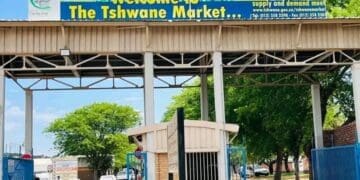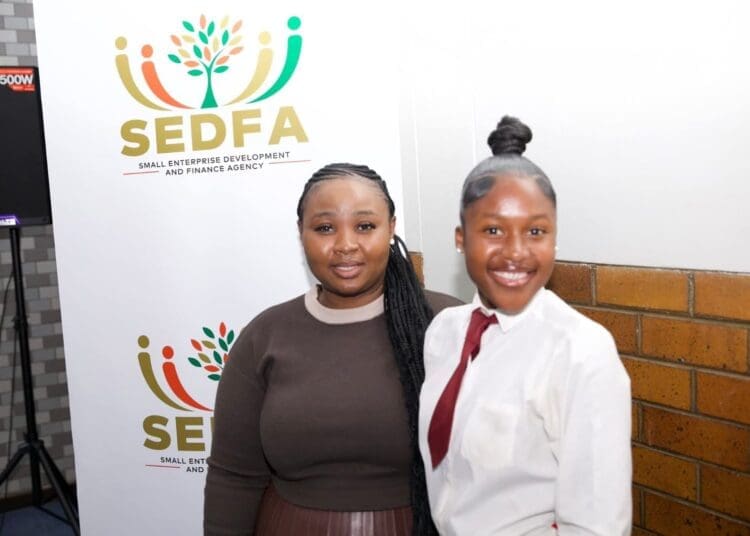SMMEs play a crucial role in driving South Africa’s economic growth. However, ongoing administrative issues continue to slow their progress.
This was the main topic at an Entrepreneurship Outreach Event organised by the Department of Small Business Development in partnership with the Small Enterprise Development Finance Agency (SEDFA).
The event brought together policymakers, funding agencies, business development professionals and entrepreneurs who are vital to the economy.
SMMEs shared their experiences of delays in accessing crucial funding, particularly through government initiatives like the Township and Rural Entrepreneurship Programme (TREP). They expressed frustration over the lack of communication during the application process.
“We submit business plans, financials, everything they ask for. Then we wait and wait, there’s no feedback. We don’t know if we’re on track or if we’ve missed something. How do we improve, how do we grow under these conditions?” asked Sibusiso Ntuli, a retail entrepreneur from Eden Park in Gauteng.
Ntuli’s story resonates with many across the country. While funding remains one of the biggest obstacles for SMMEs, the process of obtaining it is often unclear and lengthy. This issue threatens to undermine the very goals these support systems aim to achieve.
However, improving turnaround times is just one part of the solution. Business support must also extend beyond funding, said Lehlohonolo Matsobane, the owner of MobiDokta.
“With the TREP application, I have not received any feedback yet, even though it has been over a year since I submitted my application. In January.”
In response, the department acknowledged the operational challenges and committed to improving internal processes.
According to TREP’s Paepae Malatji efforts were underway to create a centralised application tracking portal to enhance transparency and response times.
“We receive many applications in a year, we recognise the trust gap that exists and we are actively working to close it,” said Malatji.
SEDFA also announced plans to pilot a real-time status notification system set to launch later this year.
This system would keep applicants updated at every stage of the process. Stakeholders agreed that this would help rebuild trust among entrepreneurs.
“Many SMMEs fail not just because of capital constraints, but due to lack of access to markets, poor financial literacy and limited mentorship. We need an integrated support framework, one that’s agile, responsive and tailored to the realities of entrepreneurs on the ground,” said Malatji.
The event highlighted the importance of ecosystem-level collaboration among government, the private sector and civil society. There is growing consensus that addressing SMME challenges is not solely the government’s responsibility; corporate South Africa and financial institutions must also play a role.
With over 2.5 million SMMEs contributing nearly 40% to GDP and employing millions, this sector is vital for reducing unemployment and promoting inclusive economic growth. Filling the existing funding and support gaps is not merely an operational fix, it’s a strategic priority.































































